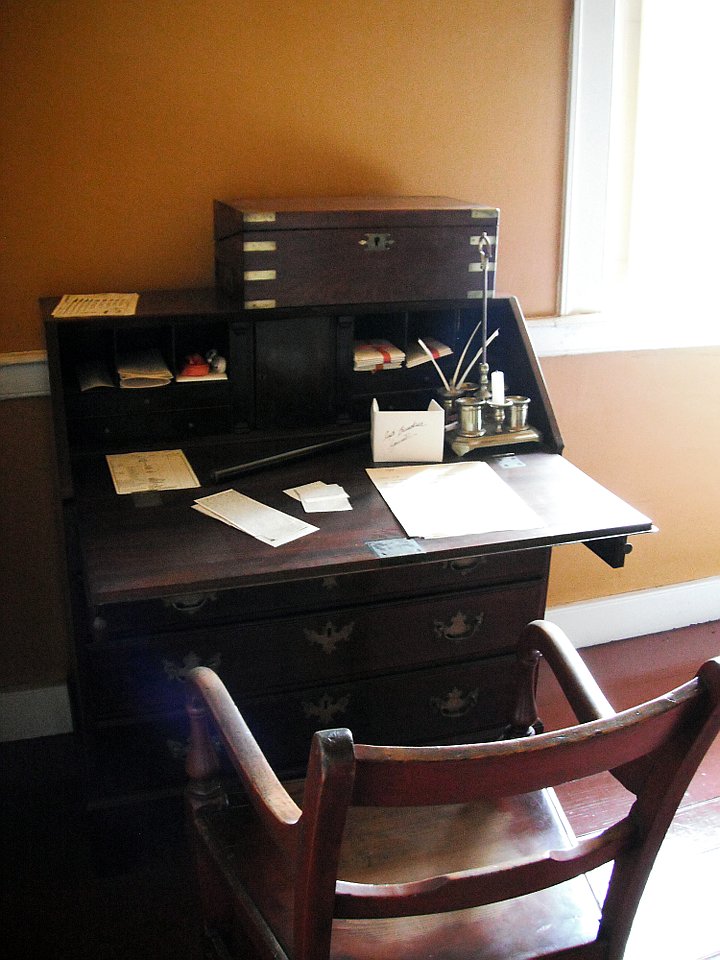As a lifelong book-nut and ‘mister curious’, I have asked a ton of people about their favourite books. More than once I’ve made a deep connection, by identifying a book we both regard with special reverence – my favourite instance being a friendship instantly made and made solid by the causal conversational use of “Sweedack” one tiny piece of Brunner’s catchy future-French (slang for ‘je suis d’accord’).
The most common answer to that favourite book question I’ve had so far? (and by far) is “A Prayer for Owen Meany” by John Irving. This is extra interesting to me because many people know Irving from the fine film adaptations made of several of his works – but this novel, perhaps his most perfect book, had the misfortune of being made into a film so bad that it outright insulted the profound spirit of the original text (and yet still did it no damage, such was the power of the book itself).
Which means that, unlike the case for modern Tolkien fans, we can say for sure that anyone who loves “A Prayer for Owen Meany” definitely loves to read. But there is of course a great deal more to it than that.
Irving is first and foremost a master storyteller about our inner humanity. Especially the way the dance of our life depends on those we dance with.
Owen Meany is strangely powerful (and effortless reading, though hefty) most of all because it introduces us to a special friend who we will never forget. But in a way, the unique quirks of the character and the developing friendship he offers us serve to remind every one of us of our own unique and impactful early friends, and all the ways we grew (and stumbled) thanks to the way their special qualities met ours.
I have long thought friendship and love were the whole point of life (what makes the grim parts worth-it), and nothing has made me sadder than to watch our culture prioritize each other less and less, and instead retreat into a petulant isolation which is often labelled defiant freedom and individuality, but actually feels more like lonely longing and purposeless boredom to most. (Freedom from emotional risk and joy both?) There will never be a ‘happy pill’ or app that can make up for having no friends in real life.
The friendship music absolutely soars in Owen Meany, and I am convinced that many adore it because it reminds them so well of their own capacity for intense friendship-love, whether or not they are presently using it.
The first John Irving story I encountered was the movie “The World According to Garp” which was the first film appearance of Glenn Close (who used her amazing character to deliver a star-making performance), and also featured an especially warm young Robin Williams, who elevated and enchanted the whole, along with a brilliant turn from John Lithgow.
Again we have characters who are exquisitely familiar, even when they are intensely eccentric exotic or neurotic, but in this story especially Irving talks about inner struggles and their outward manifestations. The combination of playfulness and surreality with all too believable pathos is captivating (both book and film). So is his portrayal of radicals who harm themselves proudly (cutting out their tongues) in the name of a victim who wants nothing more than for them to please stop adding more pain to the world.
This film weighed extra to me, since I saw it as a 17 year old – just after I escaped from cult life myself, when I was still trying to sort the righteous and empowering from the maniacal and the disfigurements I found everywhere in myself and all of my young friends. As Irving shows here in an almost mythic way, daring choices for some can easily lead to forced and unpredicted sacrifices for/of others. From my own experience I can say that for all their visual similarities, psychological cults strike a very different and deliberately more impactful note for their participants, than the sweet hippy communes so many picture – and while healing is possible in some cases, such programs can scar far more deeply, and on a truly staggering scale, when they go wrong.
By the time I read “Hotel New Hampshire” I began to see a few of the patterns which Irving freely admits, because they relate to emotional areas where he can write with sincerity, and use to carry us along into each new strangeness he has for us – without us ever doubting we are in real humane territory.
He likes to write about writers, but even though they are often central to the story, they aren’t really portrayed as glorious or heroic. Instead their writing gives us an offstage Everest, to help explain the character’s combination of high curiosity and the odd capacity for risk such curiosity often drives.
He also likes to write about New England, Wrestlers and Orphans. But even though he treats these themes in many books, they are always freshly perceived – and even more importantly, vehicles for authentic entry, rather than end-points, so we never feel cheated, nor does the man repeat himself.
“Hotel New Hampshire” is profoundly charming, filled with special family and love magic, which means it is also heartbreaking to an extent that in a lesser hand might feel manipulative – but then, we could say the same of Dickens. Making us care deeply about characters does not absolve the writer of his duty to put them through some life as we exalt and suffer with them.
Probably the most famous film made from a John Irving novel is “Cider House Rules” – in which Irving took a personal hand (and then wrote amusingly about it afterward, in “My Movie Business”). The film is one of Michael Caine’s finest later performances, and Toby McGuire and Delroy Lindo also shine.
The book and film both were culturally important for talking about the history of abortion in communities of poor black people where many knew one more mouth to feed, would mean someone who was already here would go hungry (and yes, to this day, the majority of abortions are sought by women who are already mothers, who know very well how beautiful a kid is and also what a kid really costs, to a degree non-mothers simply cannot approach).
A new writer might have great difficulty getting this book published now. How dare a white man write about a time and community so far removed from his personal experience? To me, this book is one of uncountable strong arguments to be found in any library which suggest we move in the other direction. The crucial question is really – how fine is the compassionate insight, and how useful are the discussions the work provokes? Irving scores five stars on both counts – but it is also worth noting that his main characters are white men who know very well that they are entering someone else’s cultural space. Irving didn’t require instructions for ally-ship to get it right, just a big open honest heart. (Faulkner, Vonnegut, Steinbeck – even Twain, Hawthorne and Poe – this tradition of compassionate provocation goes way back in American letters – and again, also harkens to European humanist writers like Dickens and Zola, who influenced so many by the heart-powered extension of their imagination).
Finally, I must return to one stand-out detail from Hotel New Hampshire. My own romantic art head has long been interested in privately treasured ‘grail quests’. You would be surprised at how many people have a grand romantic idea or challenge they have set themselves. Most are taught early not to share this casually, because it is too often ridiculed, and simple jealousy can bring on extra opponents for an already difficult quest.
For the writer in Hotel New Hampshire, he wants to craft the perfect short story. Irving even shares his effort, and as a small chunk of prose “The Pension Grillparzer” really is damned near perfection (and kind of has to be, for the whole ache of it to work). But then what? Like Orson Welles after Citizen Kane – how do you top early effortless perfection? Sometimes our most growthful challenges can turn and bite us, big time!
A writers writer, a readers writer, a human’s human.The bliss and ache of caring, everywhere. Wonky, unforgettable. And man oh man, the funny beats!
¯\_(ツ)_/¯









